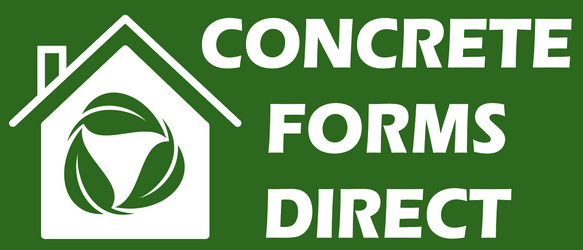
Using insulated concrete forms (ICFs) in residential and commercial building construction offers numerous advantages, ranging from energy efficiency to structural resilience. Here's an extensive summary of the benefits of using ICF blocks, including references to regulations and case studies:
-
Superior Insulation: ICFs are renowned for their exceptional thermal insulation properties. The concrete core is sandwiched between insulating layers of foam, providing continuous and effective insulation throughout the building. This helps reduce heat loss and gain, resulting in significant energy savings.
-
Energy Efficiency: ICF buildings are known to be highly energy-efficient, with reduced heating and cooling requirements. They help maintain consistent indoor temperatures, which is essential for meeting energy codes and standards like the International Energy Conservation Code (IECC).
-
Sound Insulation: ICF walls offer excellent soundproofing, making them ideal for both residential and commercial applications. They can meet or exceed sound insulation requirements as specified in building codes and regulations.
-
Fire Resistance: ICF structures are inherently fire-resistant due to the concrete core. In the event of a fire, ICF walls can provide up to a 4-hour fire resistance rating, complying with fire safety regulations.
-
Durability: ICF buildings are robust and long-lasting. The concrete core ensures the structure's longevity, while the insulating foam provides protection against moisture and mold. This durability complies with building codes and regulations for structural integrity.
-
Sustainability: ICFs are eco-friendly, as they reduce the need for heating and cooling energy. They also reduce construction waste and provide a healthier indoor environment, helping meet green building standards like LEED (Leadership in Energy and Environmental Design).
-
Fast Construction: ICF systems are known for their ease of assembly, reducing construction time. This advantage can contribute to cost savings and help meet project timelines.
-
Case Studies:
-
Ottawa, Canada: A study of a residential ICF construction project in Ottawa found that the building used 44% less energy for heating and 32% less energy for cooling compared to conventional construction methods. This was instrumental in meeting local energy efficiency regulations.
-
Napa Valley, California: An ICF winery in Napa Valley reported a 70% reduction in energy consumption, largely due to the insulation properties of ICF blocks. This aligns with California's strict energy regulations.
-
London, United Kingdom: The London Aquatics Centre, built with ICFs, showcased the structural resilience and energy efficiency of ICF systems during the 2012 Olympics, meeting UK building regulations.
-
In conclusion, ICF blocks are a versatile building material that offers numerous advantages for both residential and commercial construction. They meet or exceed various building codes and regulations, making them a preferred choice for those seeking energy efficiency, sustainability, sound insulation, and overall durability in their structures. Case studies from around the world provide concrete evidence of the benefits of ICFs in real-world construction projects.
